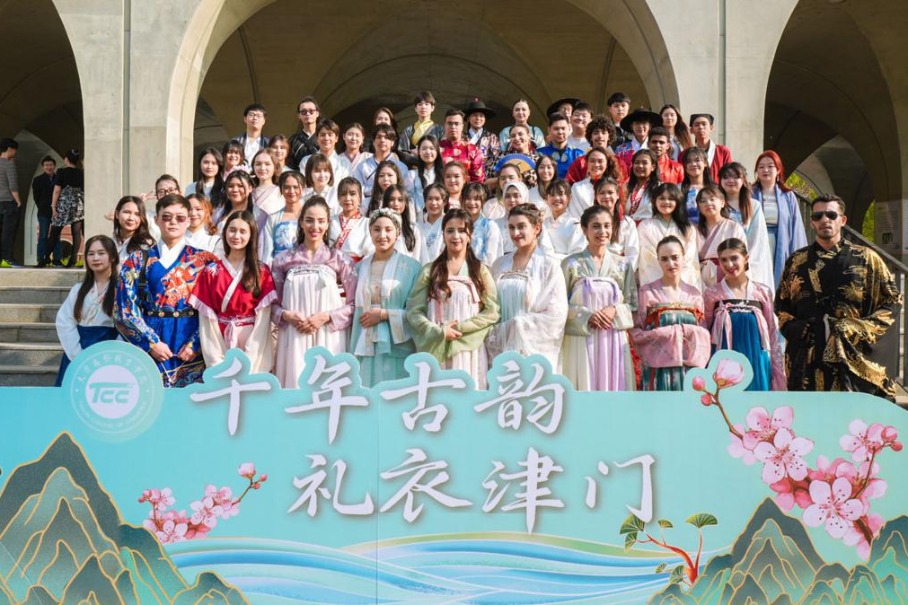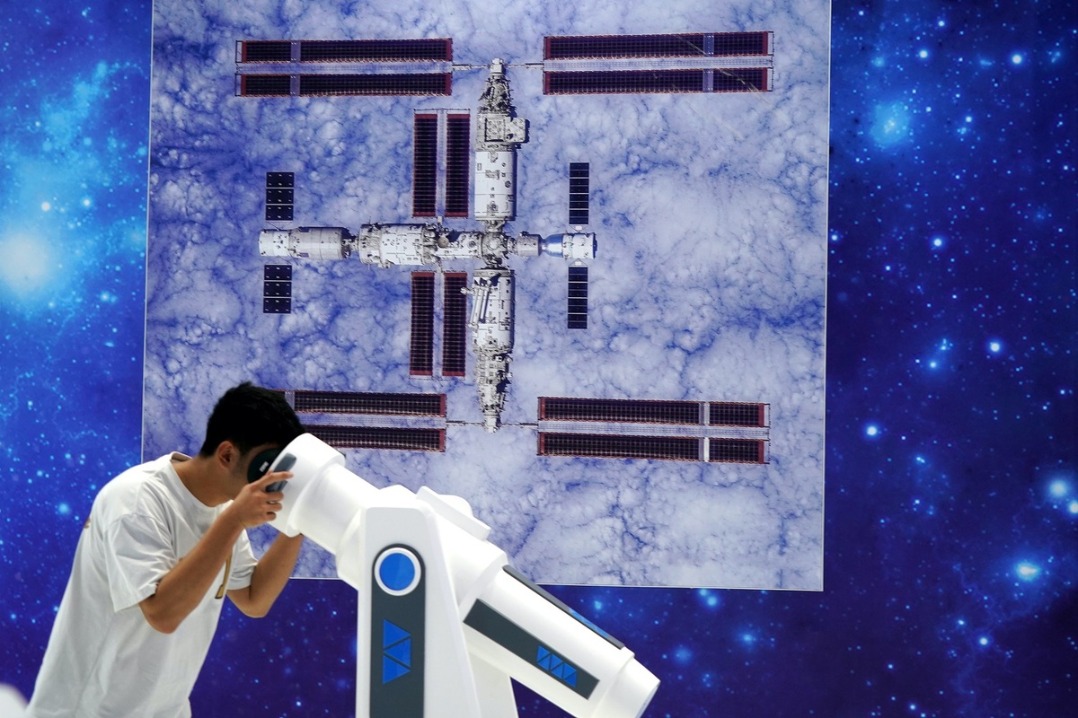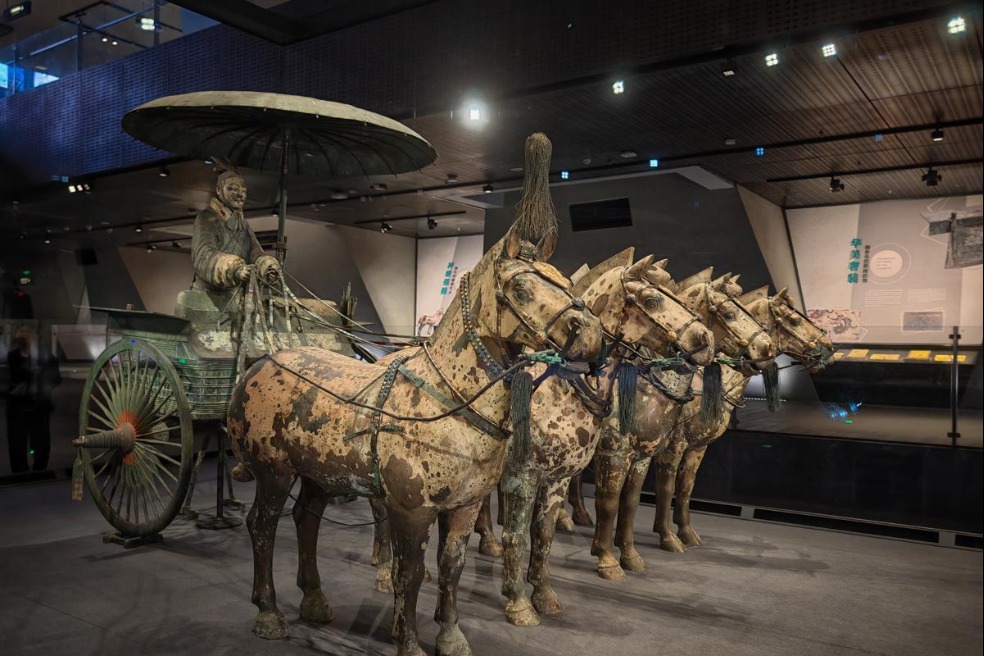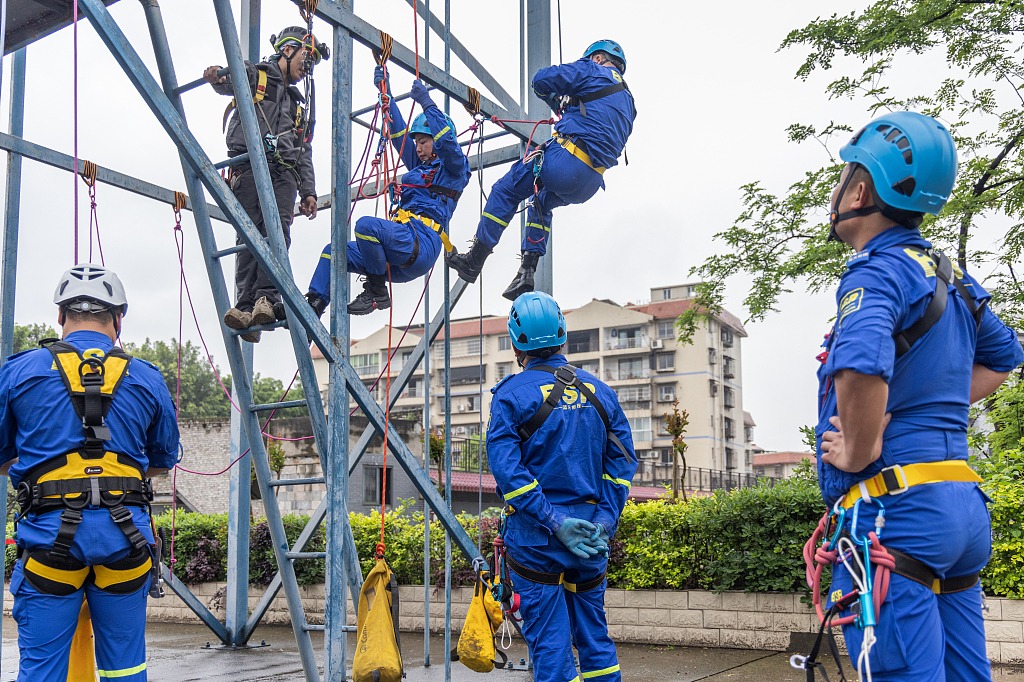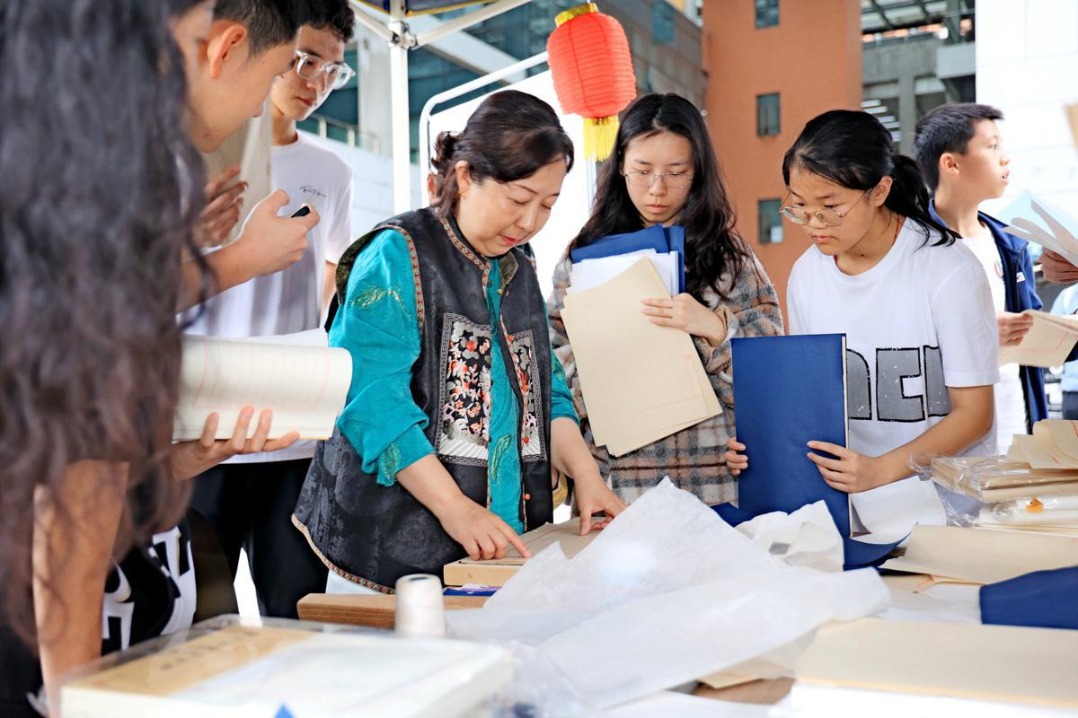Disruption comes first from the cold

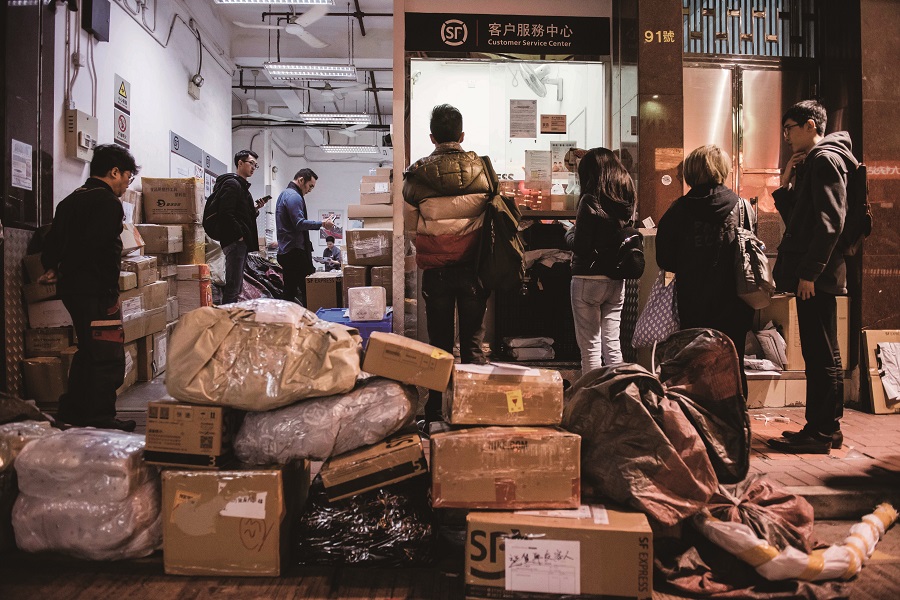
Rising disposable income around the globe is generating greater demand for quality food, healthcare products, cosmetics and perishable products like flowers. This is where cold chain logistics comes into play as a low-temperature environment is essential for transporting refrigerated and frozen goods.
Instead of applying the “radio-frequency identification (RFID)” technology which relies on radio waves to track the visibility of goods during the logistics process, Neosen Energy has developed the NeoSmart — the long range (LoRa)-enabled sensor that facilitates active tracking of the transportation process.
LoRa permits inexpensive and long-range connectivity for internet of things devices in rural, remote and offshore industries. They are typically used in mining, natural resource management, renewable energy, transcontinental logistics, and supply chain management.
Containers of perishable items from wine to chemical liquid are embedded with Neosen’s sensors that can trace any changes in temperature, moisture, leakage and humidity in the containers during the transportation process.
If there are changes, the data will be recorded as logger and be uploaded through cloud connectivity to the transceiver from 10 kilometers before reaching the arrival port. If there are any faults detached, exporters can speed up the insurance claim process.
This transmission technology can be applied for detecting whether the containers are tilted, shocked, opened or broken.
Besides shipping cargo, the technology can be adopted by airlines to detect the status of passengers’ luggage during the entire travel process. Air travelers will be more relieved if they’re kept informed of the status of their luggage.
“The IoT technology solution revolutionizes the city’s logistics industry by giving logistics operators long-range coverage, plus cost-efficient and active cargo shipping monitoring services, whereas the RFID-enabled technology is passive and more expansive,” Neosen founder Kelvin Wong told China Daily.
The other LoRa-related technological application is called “geo-fencing” — a type of sensor used to trace whether goods objects are missing by connecting with another type of transceiver. Logistics companies can track the status of containers as this technology can transmit the information through the computer interface or alert messages on mobile phones.
According to Wong, one care center for the elderly in Hong Kong has adopted this technology to check whether elders are still on the premises. Care centers may find the technology useful in locating elderly people with dementia.
Wong, along with two others, launched Neosen five years ago in the United States, and set up the Hong Kong branch in 2016. Neosen Energy HK is currently an incubatee startup at Hong Kong Science Park, having more than 10 research and development professionals to propel business development in Asia, including the Chinese mainland, Hong Kong and Taiwan.
The startup has platforms to showcase its core technology to potential clients, such as third-party logistics operators and freight forwarders. So far, it has raised $2 million in capital to meet company expenses. A US chip manufacturer has invested in Neosen, hoping to attract more venture capital investors to the company.
“We’re not targeting pure financial investors alone. We hope our investors can understand R&D trends in the IoT industry and that Neosen’s hardware products are not software products,” said Wong.
The prospects for technological application in the local logistics sector are bright, he believes, as technologies save time and money in transportation.
With the aim of launching its core LoRa technology hardware product (like an original brand manufacturer) next year, Neosen Energy will also provide tailor-made technology solutions to clients, just like an original equipment manufacturer, to boost its revenue streams.
Another enterprise, Arwin Technology, has built a narrowband (NB)-IoT-powered sensor, Nano S, to detect irregularities in the cold storage process. The technology can be applied to biotechnology laboratories, logistic trucks and cold storage facilities.
The sensor is compact, allowing it easy and convenient deployment, and no wires are needed to connect it with wireless sensors, resulting in minimum labor cost and infrastructure investment. It also has the attribute of low power consumption, sparing the need for running power or signal cables for up to three years.
It can also perform systematic data-collecting and data-analysis regarding moisture, leakage, motion, temperature, humidity and energy of the cold storage premises. Through cloud connectivity, the data are sent to an online dashboard for recording and displaying. Data logging allows daily reports for analysis and optimization. If there are irregularities detected in the cold storage premises, alert notifications will be sent to clients.
This technology can be applied in the food delivery process. Food delivery companies can install Nano S in delivery truckers to monitor temperature to ensure that the food is still in good quality when delivered to customers. Food companies can no longer rely on manual labor to monitor food quality, enhancing precision in the monitoring process.
“There’s huge potential for technological application in Hong Kong’s logistics industry, as various technologies can be applied in different segments of the transportation process,” Arwin Technology Chief Executive Officer William Tse told China Daily. “Customer experience can be hugely enhanced when the delivery process can be made seamless.”
“IoT application in Hong Kong’s logistics business is still in the development stage. The sector should hasten the pace of technological adoption,” said Tse.
Leveraging the experience of the three founders in the semi-conductor industry, Arwin was set up three years ago to bring in more technology elements to the logistics industry.
With sufficient funds on hand, the startup currently employs 10 R&D staff, and plans to recruit more business marketing professionals with deep knowledge of the current trend of the IoT industry.
As an incubatee at Hong Kong Science Park, Arwin hopes the government can facilitate better business matching for startups by knowing startups’ technical capabilities and business needs simultaneously.
“The learning curve of logistics players in Hong Kong concerning technological utilization is not so fast at present. The industry must cultivate an aggressive spirit to embrace technological adoption. If that spirit takes root, then industry transformation can kick-start very rapidly,” Tse envisaged.
- Beijing court records surge in IP cases, punitive damages
- China-US defense chiefs' recent talks have achieved 'positive, practical' outcomes: China's Defense Ministry
- Chinese scientists build 3D model of 3-week human embryo
- China-Cambodia holds forum on Digital economy and industry-education integration
- China launches construction of cutting-edge marine research vessel
- Chinese police probe over 40,000 IPR infringement cases in 2023
















